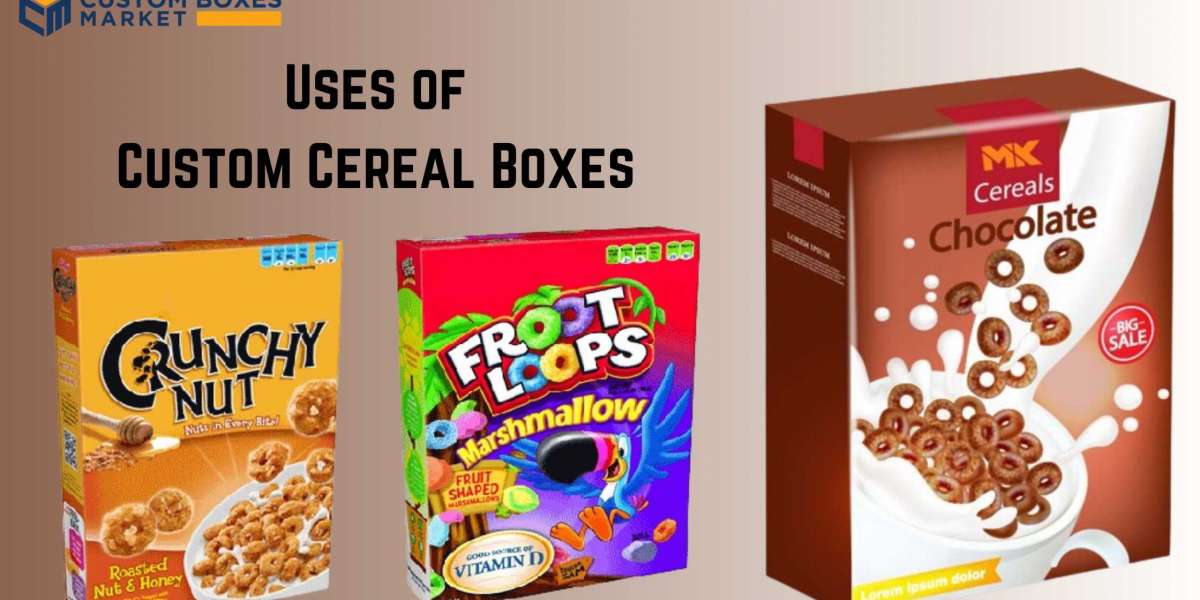As more businesses strive to reduce their environmental impact and become more sustainable, choosing eco friendly packaging solutions is an important step. However, with many packaging companies now marketing themselves as “green,” it can be difficult to determine which ones are truly committed to sustainability. Looking for certain certifications is a good way to validate a company's green credentials before partnering with them.

FSC Certification
One of the most important certifications to look for is Forest Stewardship Council (FSC) certification. FSC certifies that paper and wood fiber used in packaging comes from responsibly managed forests that are recycled or replanted. This helps ensure eco friendly packaging solutions don’t contribute to deforestation.
FSC certification focuses on protecting biodiversity, wildlife habitat conservation, respecting indigenous rights, and more. It considers the entire production chain from forest management to fiber processing. Make sure the company is Chain of Custody (CoC) certified to guarantee materials retain their FSC status throughout manufacturing.
Compostable Packaging Certification
If compostable boxes or materials are important to your business, look for certifications verifying these claims such as from Biodegradable Products Institute (BPI) in North America or EN13432 in Europe. These validate that materials will fully break down in commercial or home composting without releasing harmful chemicals.
Other compostability certifications to consider include OK Compost, TUV Austria, and Soil Association Certification. These tests prove materials are environmentally safe to decompose after use instead of lingering in landfills.
ISO 14001 Certification
The ISO 14001 certification signifies a packaging company has a robust Environmental Management System in place. It means they have identified all environmental impacts, set targets for reducing waste and emissions, and continuously improve processes.
ISO 14001 demonstrates a higher level of commitment to sustainability throughout a company’s operations beyond just the products. It provides assurance green values are systematically implemented in areas like energy use, water recycling, and toxic chemical elimination.
Additional Certifications
Other certifications that further validate environmentally leadership include Cradle to Cradle Certification for materials safety and carbon footprint reductions, Sustainable Forestry Initiative (SFI), and Green-e Climate Certification for carbon neutral or offset programs.
Certifications focused specifically on recycled content like Recycled Content Certification show how much post-consumer waste is diverted from landfills. Some partnerships with nonprofit organizations also reflect a company's dedication to social responsibility.
Eco-Rating Systems
Packages or companies that have received rankings from third-party assessments like How2Recycle labeling or Cedar Rapids Environmental Rating System provide transparency into their overall eco-friendly design and impact. These comprehensive evaluations account for things like reduced packaging, renewable energy use, and toxicity.
Even without formal certifications, asking companies about their sustainable manufacturing practices, emissions reduction goals, philanthropy programs, and greener innovation roadmaps can help evaluate their commitment.
Legitimate eco-leaders are usually pursuing multiple certifications and continually advancing their impact. Using this checklist can help identify truly green packaging partners aligned with your company's sustainability values and goals.







